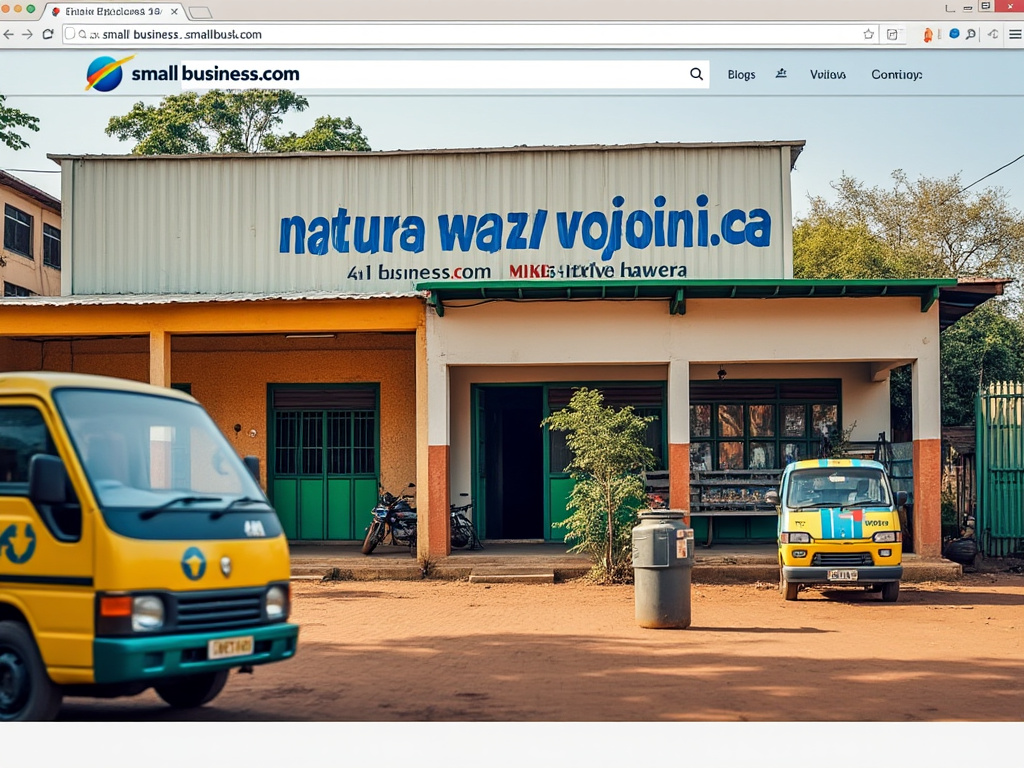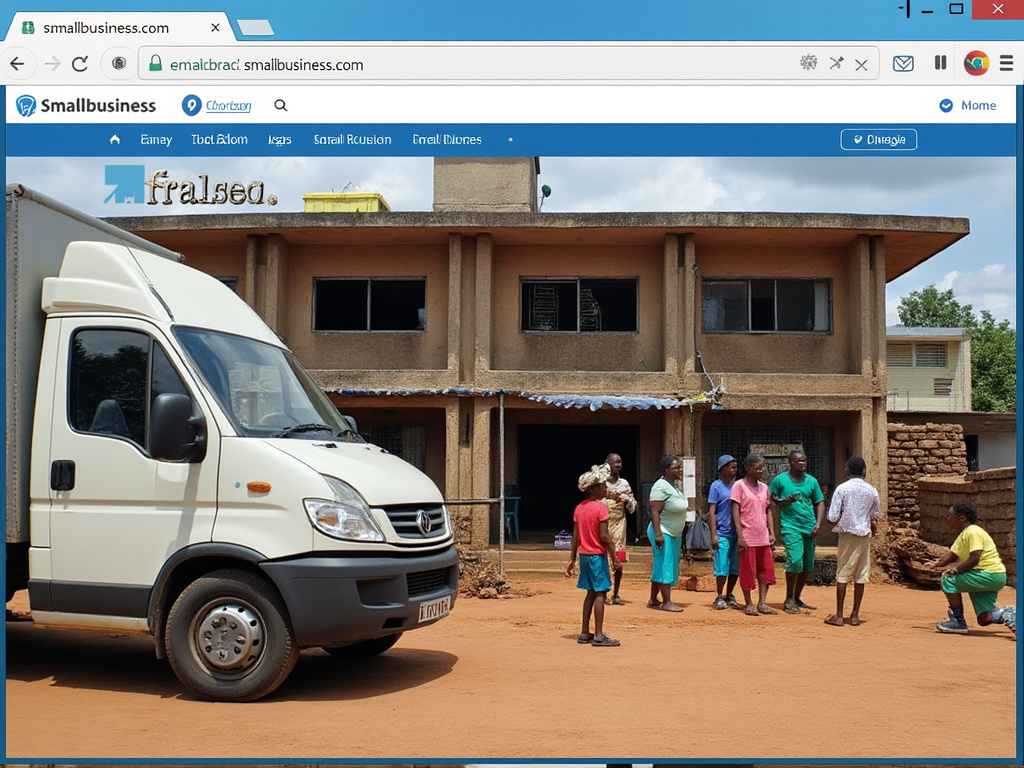7 Things You Must Know Before Getting a Domain Name
Choosing the right domain name for your business or personal brand is a critical step in establishing your online presence. A well-chosen domain name not only represents your brand but can also impact your search rankings, online visibility, and how people perceive your site. Below are seven key things to consider before registering a domain to ensure it aligns with your goals, audience, and long-term vision.
1. Keep Your Domain Name Short, Simple, and Easy to Spell
The ideal domain name should be memorable, easy to type, and pronounce. A long or complex domain can lead to typos, missed website visits, and reduced brand recall.
- Aim for a Short, Concise Name:
Domains with 6-14 characters generally perform better for user retention. Examples of successful short domains include “Spotify.com” and “Google.com”—both are easy to remember and simple to spell. - Avoid Numbers, Special Characters, and Hyphens:
Adding numbers or special characters can make your domain name harder to remember and can lead to confusion. For instance, if your domain is “Best4U.com,” people might type “BestForYou.com” instead, leading to lost traffic. - Test for Pronunciation:
Say your potential domain name out loud. Does it sound clear, or is there room for misinterpretation? If you hear yourself spelling it out, it might be too complicated.
An easy-to-remember and simple domain name helps your audience find you and minimizes user error when typing.
2. Consider Future Growth and Flexibility
When choosing a domain, think beyond your current offerings and consider potential future growth. Your domain should allow flexibility if you expand your product or service range.
- Avoid Narrowly Defined Terms:
Suppose your current business sells vintage watches, and you choose “VintageWatchExperts.com.” If you plan to expand into other accessories later, this domain might be too limiting. Instead, consider something broader, like “TimelessStyle.com” that can accommodate growth. - Choose an Evergreen Name:
Trends come and go, and picking a trendy name may date your brand over time. An evergreen name will keep your brand fresh and relevant for years to come, regardless of shifts in the market.
Thinking long-term about your domain name ensures that your website can evolve with your brand, eliminating the need for costly rebranding later.
3. Research a Domain That Matches Your Social Media Handles

Consistency across platforms is crucial for brand recognition, and aligning your domain name with your social media handles creates a cohesive online identity. A name that matches your social handles will make it easier for people to find you, improving your brand’s visibility and memorability.
- How to Check Social Media Availability:
Use tools like Namechk or Knowem to search for the availability of your desired domain across various social media platforms. These tools can save you time by scanning multiple sites to see if the same handle is available for use. - Adapt if Necessary:
If an exact match is unavailable, consider slight variations that maintain brand consistency. For example, if you’re an artist named “JaneArt,” and “JaneArt.com” is taken, try alternatives like “JaneArtStudio.com” or add a suffix relevant to your field, such as “ArtbyJane.com.”
Matching your domain name and social handles gives your brand a professional edge and helps you maintain a unified digital identity.
4. Find Out if Your Business Name is Taken
The availability of a domain that matches your business name is essential for brand authenticity and professionalism. Checking the status of your business name before investing in branding materials will help avoid potential legal and branding challenges down the road.
- Check Domain and Trademark Availability:
Visit domain registrars like GoDaddy or Namecheap to verify if your desired domain is available. Additionally, check for trademark registrations at USPTO or your country’s trademark office. Even if the domain is available, an existing trademark can cause legal complications. - Options if the Name is Taken:
If your business name is already taken, consider adding keywords related to your industry, location, or services. Alternatively, try hyphens or abbreviations, but be cautious as these can sometimes make a domain harder to remember.
Securing a unique and available business name will allow you to build a recognizable and legally protected brand online.
5. Decide if You Want to Start Locally with a Country-Specific Domain

Choosing a country-specific top-level domain (TLD) like .co.uk for the UK or .ca for Canada can benefit businesses focused on specific geographic locations. These TLDs can signal to search engines and customers that your services are relevant to a local audience.
- Benefits of Country-Specific TLDs:
- Local SEO Boost: Google and other search engines prioritize country-specific domains for users searching within that country, which can improve your website’s ranking for local searches.
- Establishing Trust with Local Users: Customers in certain regions may feel more comfortable engaging with a website that has a familiar domain ending, such as “.de” for Germany or “.fr” for France.
- Considerations for a Global Audience:
If you intend to expand internationally, a generic TLD like.comor.orgmight be a better long-term choice. You can also consider purchasing both the generic and country-specific TLDs to cater to both local and global audiences.
Choosing between a local and generic TLD requires foresight into your business’s growth and target market.
6. Understand the Different Types of Domain Extensions (TLDs)
The most common domain extension, .com, is often seen as the default, but there are now hundreds of TLDs to choose from, each offering different benefits and signaling different purposes.
- Types of TLDs and Their Usage:
- .com: Ideal for most businesses due to its familiarity and widespread acceptance.
- .org: Common for non-profits, charities, and community-oriented websites.
- .net: Often used by tech companies or networks, though its usage has broadened.
- Specialty TLDs: Industry-specific options like
.tech,.store, or.designcan make your domain more descriptive and relevant to your niche.
- Balance Between Professionalism and Uniqueness:
While some TLDs may add uniqueness, they could also confuse visitors if the TLD isn’t well-known. For most businesses, especially those aiming for a broad market, sticking to.comis still a safe choice. Specialty TLDs can work for startups or niche-focused brands looking to stand out.
Understanding the implications of various TLDs allows you to make an informed choice based on your target audience and brand message.
7. Protect Your Domain and Consider Additional Domains
Securing additional domains can protect your brand from competitors and possible typos, helping prevent customers from landing on a competitor’s page or a potentially harmful website.

- Common Domain Variants to Consider:
- Misspellings or Common Typos: If your domain can be easily misspelled, secure those variations and redirect them to your main site.
- Alternate TLDs: You might also register your domain with other popular TLDs, such as
.netor.org, especially if they could create brand confusion.
- Set Up Domain Renewal Reminders:
Many businesses forget to renew their domains, leading to potential loss of traffic or even unauthorized purchases by third parties. Set up auto-renew or reminders with your registrar to avoid lapses in domain ownership.
Investing in additional domains and protecting your primary domain helps maintain brand consistency and prevents competitors from leveraging your success.
You May Also Like: Exposed! The Ultimate Expert Guide on How to Create a Website
Choosing the right domain name involves careful consideration of various factors—from brand consistency and local targeting to long-term flexibility and protection. By researching thoroughly and planning for growth, you can select a domain name that not only supports your current goals but also evolves with your brand’s future. Whether you’re a small business or a personal brand, making informed decisions about your domain can lead to greater online success and a more robust digital presence.




















